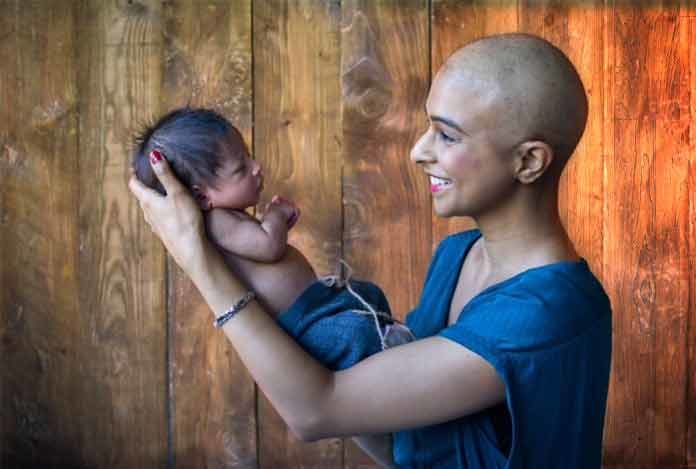
Preserving fertility in cancer patients is a major concern nowadays. A person who is diagnosed with cancer faces many emotional challenges. This is not just because of the diagnosis of cancer, but also because of the risk of losing fertility and not being able to reproduce after chemotherapy and radiation therapy. These cancer treatments can be life saving for many cancer patients, but on the other hand they can damage sperms/eggs of the patients, affecting their reproductive ability.
But, generally fertility preservation is overlooked by most of patients as they remain focused on the treatment of cancer. Also, the confusion between choosing cancer treatment and fertility preservation stresses out the patient. Dr. Joshua Hurwitz says that fertility preservation is equally important for younger patients even if they are planning to have a baby in the distant future.
Here, Dr. Joshua shares various facts about fertility preservation that can guide cancer patients with restoring their fertility:
There Is Always Time for Fertility Preservation!
Many patients believe that the time spent on fertility preservation will delay the cancer treatment. But, Dr. Joshua says that fertility preservation can be done along with the cancer treatment by coordinating with oncologist. Also, fertility preservation in men takes just one day. It can be easily done in women within two weeks while not compromising with their cancer treatment.
Fertility Preservation in Men
Cancer treatments like radiation therapy and chemotherapy can seriously affect sperm production in men. However, the ability to produce sperm restores after some time of cancer treatment. But, radiation therapy and chemotherapy sometimes may permanently damage men’s ability to produce sperm. Thus, preserving fertility before these treatments is necessary. It is generally performed by freezing (cryopreserve) sperm samples of the patient before they undergo cancer treatment.
Fertility Preservation in Women
Cancer treatment in women damages eggs (oocytes), but what makes this worse is that women have a limited number of eggs that should last a reproductive lifetime. There are various ways to preserve fertility in women. The first method is freezing them before chemotherapy (oocyte cryopreservation). These preserved eggs can be fertilized with any sperms in future. The second method is freezing embryo after eggs are fertilized with sperms. And the last method is the use of hormonal suppression medications which can be given during chemotherapy. These medications can protect egg supply from the damage caused by chemotherapy. However, this isn’t a foolproof method, and freezing of the eggs or embryo still remains the best method to preserve fertility in women.
Not Too Late!
Dr. Joshua says that it isn’t too late for patients who have undergone cancer treatment without preserving their fertility. He says that not all patients lose their ability to reproduce permanently, and they can have children with the help of fertility treatments. Also, even if a person loses their fertility, they can avail donor eggs, donor sperm, or even gestational carriers.
Is There a Risk of Cancer?
One of the most asked things about fertility treatment is whether they increase the risk of cancer in people. However, over the years of study, the researchers have found no link between fertility treatments and breast, ovarian, or uterine cancer in women. Also, a recent study also proved that there is no link between the IVF treatment and increased risk of breast cancer in women[1].
To conclude, Dr. Joshua says that there are different fertility preservation methods available that can help in restoring your fertility and have children even after you go through life-changing cancer treatment.






